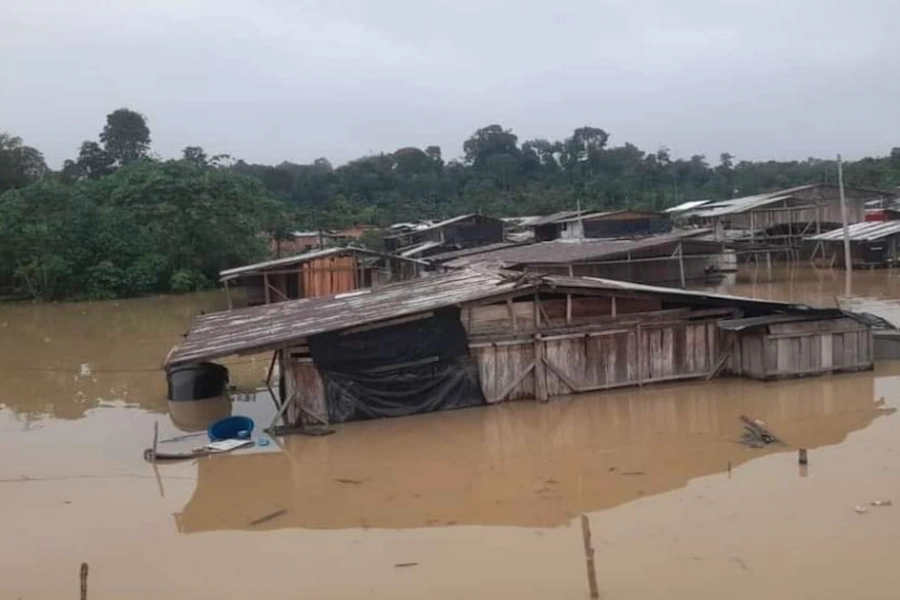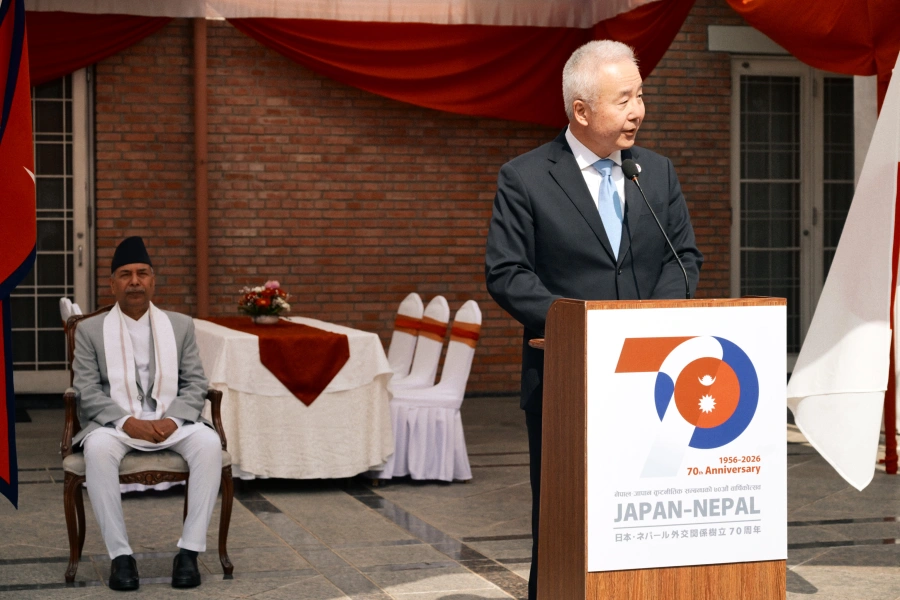Politics is fleeting. Politics is immediate—reactionary. Marred by petty squabbles, election cycles, and publicity tactics, it compels one to be emotional because it begets high stakes—high, real-life stakes that have important consequences. What we fail to understand—what is, therefore, impossible to separate—is that politics and governance should remain independent. Governance, not government. Any administration of government is steeped in politics, carrying with it most of the same, immediate concerns. Governments, by their very definition, strive to do that which will receive the most popular support. They remain at the mercy of public whims. Governance, however, looks forward—much further than the next election. It requires—nay, it demands visionaries. Only those who look past the immediate can understand and address the needs of Governance. The Nepalese government’s utter misinterpretation of the notions of governance continues to be painfully clear and the obvious problem.
These architects of history, though not exclusive, are rare enough that most are deified. Washington, Jefferson, Hamilton, being the foremost in this realm, entered the popular imagination in this capacity in 2015, following the unprecedented success of Lin-Manuel Miranda’s Broadway hit Hamilton. While the three exemplars may have had personal flaws and drawbacks, as architects of history, they remain unparalleled. There is no need to travel to the backwaters of America to find these people either. India had Gandhi. We had Prithvi Narayan Shah. Visionaries, which is ultimately what these men were, see past the nitty-gritty of every day. They see the ingrained problems of society and seek to overcome them, not tomorrow but in the coming decades, maybe centuries. Governance recognizes that these problems cannot be fixed easily because governance recognizes that easy solutions don’t last. Duct tape can only hold the crumbling walls together for so long.
The afterbirth of the American Revolutionary War, much like the aftermath of the People’s War, was chaotic, with every faction seeking their own interests. While overwhelming in terms of its scope, the vanguards of American democracy did the impossible. They wrote a constitution—an imperfect, vague set of laws that has sustained the nation into prosperity for over 200 years. Two centuries and the American constitution have stood the test of time. Political grievances and strife aside, their constitution is perhaps one of the most compelling and powerful piece of writing ever produced.
Govt sets a target of 1,500 units of energy consumption per ca...

Through writing this, I realize the fatal flaw of comparing a fledgling democracy such as ours to one as established, as in command as the US’s. However, I disagree with my own critique. To strive to surpass a champion is the basis for our sporting events, our business ventures, our marketing strategies. Why should our approach to governing be any different? As a state, we have been playing at democracy. Nepal has struggled with the very basics of democracy for a decade. A child’s flawed understanding of it seems to have informed how we’ve established the ideology.
The sad truth is that nation-building has never been our national policy. The only concerns that gain political traction are short-term concerns that are geared towards winning elections. We’d rather allow ourselves to be distracted by policies and developments of little or no importance. Nearly a decade ago, when certain political factions began promising grandiose, impossibly extravagant visions of turning our capital into Singapore, the shrewdest skeptics among us laughed while others were transfixed by the gilded dream before us. Although our basic infrastructure is in shambles, we refuse to hold these politicians and their factions accountable. Is it just too much work? Are we truly so apathetic?
Transitions require a firm guiding hand. It demands leadership that does not succumb to the petty toils yet yields to urgent matters. In other words, transitions require a George Washington. A man who could easily have led his country until on Death’s doorstep, Washington chose to step down. He willingly left the Presidency, setting the precedence for a peaceful transfer of power; a practice that had never been witnessed before on this level. Nepal, on the other hand, has been left at the mercy of self-serving, ideologically bankrupt demagogues and the country has struggled under poor leadership—an understatement—leaving her people to suffer with no end in sight.
After twenty odd years of war, economic stagnation, flagrant migration, we’re here attempting to be Nepal’s vanguards of democracy. If we were to look at socioeconomic factors like child mortality and education, there have been tremendous improvements. However, the idea behind the improvements remains foreign. The Millennium Development Goals (MDGs), and now its heir, the Sustainable Development Goals (SDGs), that provided the ultimate objectives were initiated by the United Nations. While the real-world impact of the improvements should be celebrated and continued, the issue that I find with the whole ordeal is that, as a country, we needed a foreign entity like the UN to identify some of our most critical and crucial issues.
What are we doing to keep people in our country? Blatantly ignoring and not understanding the needs/demands of our people—particularly our new workforce—How can we hope to succeed? We can no longer afford to “play” at this system of governance. Our society seems to need a reminder that there is an entire generation of young, dynamic individuals who would rather stay in their own country to work and build something than go abroad. Right now, we are becoming a major producer of migrants for the rest of the world. That is the sad truth. We, from a startlingly young age, seem to aspire to emigration. What has been done to ensure an actual future for our country? Why is it that our sense of national pride continues to hinge on Buddha and Mount Everest and nothing else? Why have we been so complacent with the bare minimum? We saw these two “achievements” and decided that we were done. India has Ganga and Gandhi. They didn’t stop. America has Lincoln and Mount Rushmore. Didn’t stop. We cannot hang our entire notion of national pride on two symbols that don’t make any difference to our daily lives.
Democracies require work. WE asked for this. DEMO-cracy. The very name demands that people be invested, that people be engaged. Without them, a democracy CANNOT survive. Not taking the time and exerting the effort to maintain this commitment will only lead to another overhaul of our national state apparatus in another decade. We need to focus on substance, not just window dressing.








































